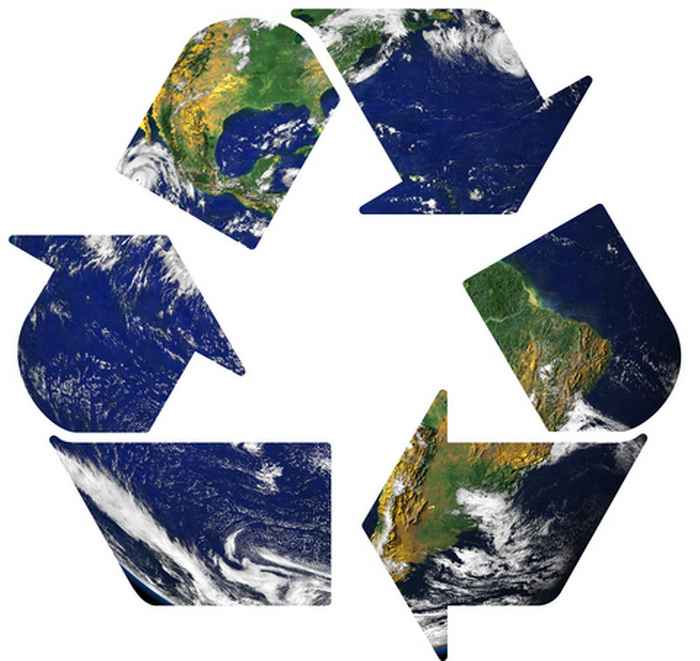A sustainable society
From exploiting earth to balance with our environment
Humankind is at the eve of an inevitable transformation: of a society based on the exploitation of earthly resources, to a sustainable society that is in balance with its environment. Chemistry will be one of the key contributing scientific disciplines enabling this transformation.
